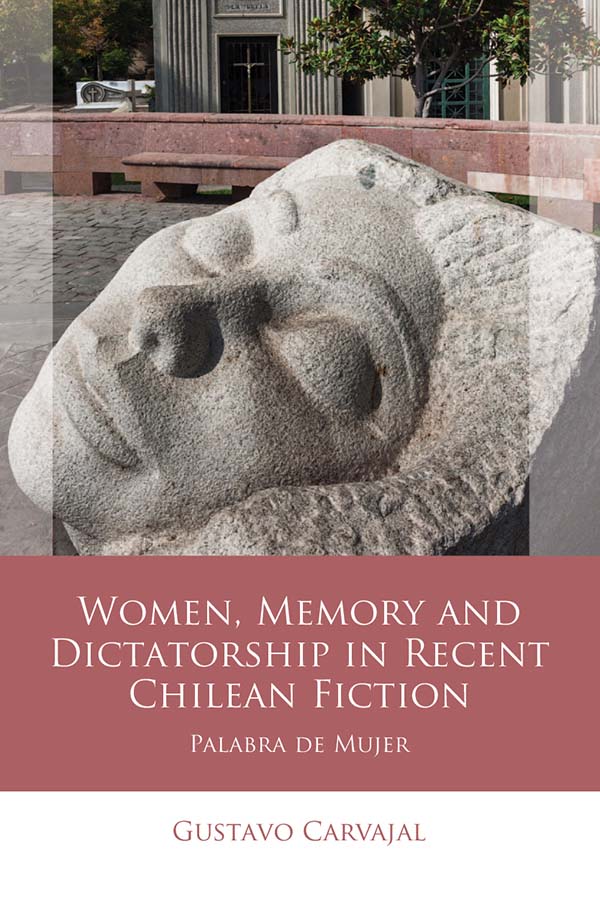Women, Memory and Dictatorship in Recent Chilean Fiction
Palabra de Mujer
Author(s) Gustavo Carvajal
Language: English
Genre(s): Literary Criticism
Series: Iberian and Latin American Studies
- November 2021 · 240 pages ·216x138mm
- · Hardback - 9781786838032
- · eBook - pdf - 9781786838049
- · eBook - epub - 9781786838056
In what ways do the politics of memory perpetuate gendered images of those directly affected by political violence in Chile? Can the literary rewriting of painful experiences contest existing interpretations of national trauma and the portrayal of women in such discourses? How do women participate in the production of collective narratives of the past in the aftermath of violence? This book discusses the literary representation of women and their memory practices in the recent work of seven contemporary Chilean authors: Diamela Eltit, Carlos Franz, Pía González, Fátima Sime, Arturo Fontaine, Pía Barros and Nona Fernández. It locates their works in the context of a patriarchal politics of memory and commemorative culture in Chile and as part of a wider body of contested interpretations of General Augusto Pinochet’s military dictatorship (1973–90). Through the analysis of novels that depict the dictatorial past through the memories of women, it is argued that these texts understand and explore remembrance as a process by which the patriarchal co-option of women’s memories can be exposed and even contested in the aftermath of violence.
Series Editors’ Foreword
Acknowledgements
Introduction
1. Violence and Women’s memories in El Desierto
2. Militants, Wives and Mothers in Jamás el Fuego Nunca and Libreta de Familia
3. Female Collaboration in Carne de Perra and La Vida Doble
4. Daughters Rewriting Legacies in ‘El lugar del otro’ and Fuenzalida
Conclusion
Notes
Bibliography
Index


